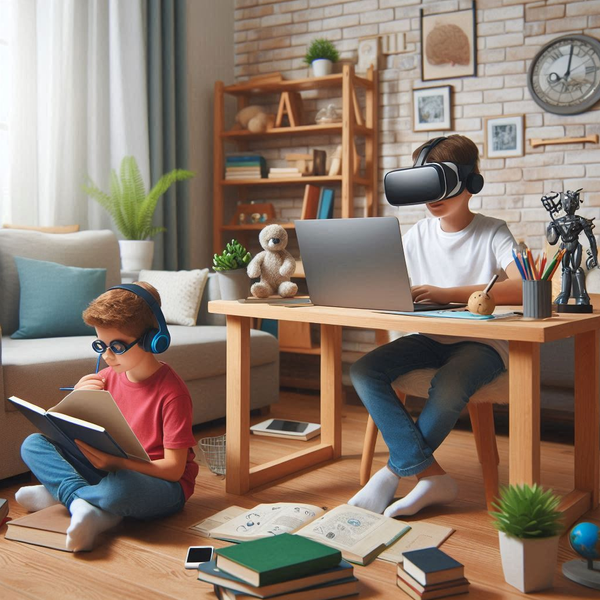
Online education has completely changed the way we learn, and it’s hard to deny that it has become a significant part of our educational landscape. One of the biggest benefits of online learning is the flexibility it offers. Students can learn from anywhere in the world, as long as they have an internet connection. This accessibility opens doors for those who might not have access to quality education locally. Plus, many online courses allow learners to study at their own pace, which can be a game-changer for those balancing work or family commitments.
But it’s not just about convenience; the quality of online education has improved drastically over the years. With new technologies coming into play, learning has become much more interactive and engaging. Take virtual reality (VR), for instance. It’s making waves in the education sector by providing immersive experiences that traditional classrooms simply can’t offer.
Software like SimLab Soft is at the forefront of this innovation. It enables educators to create stunning VR experiences without needing extensive technical skills. This is particularly beneficial in fields like healthcare and engineering. Imagine medical students practicing surgeries in a virtual environment—this kind of hands-on experience is invaluable and helps students build confidence before they ever set foot in a real operating room.
Moreover, VR fosters collaboration among students, allowing them to work together in shared virtual spaces, no matter where they are physically located. This collaborative aspect aligns perfectly with the rise of remote learning, enhancing the overall educational experience.
So, while online education is already a significant player in the future of learning, the integration of technologies like VR is set to take it to new heights. Platforms like SimLab Soft are leading the charge, equipping educators with the tools they need to create immersive, engaging, and effective learning experiences that resonate with today’s students.


No comments yet, come on and post~